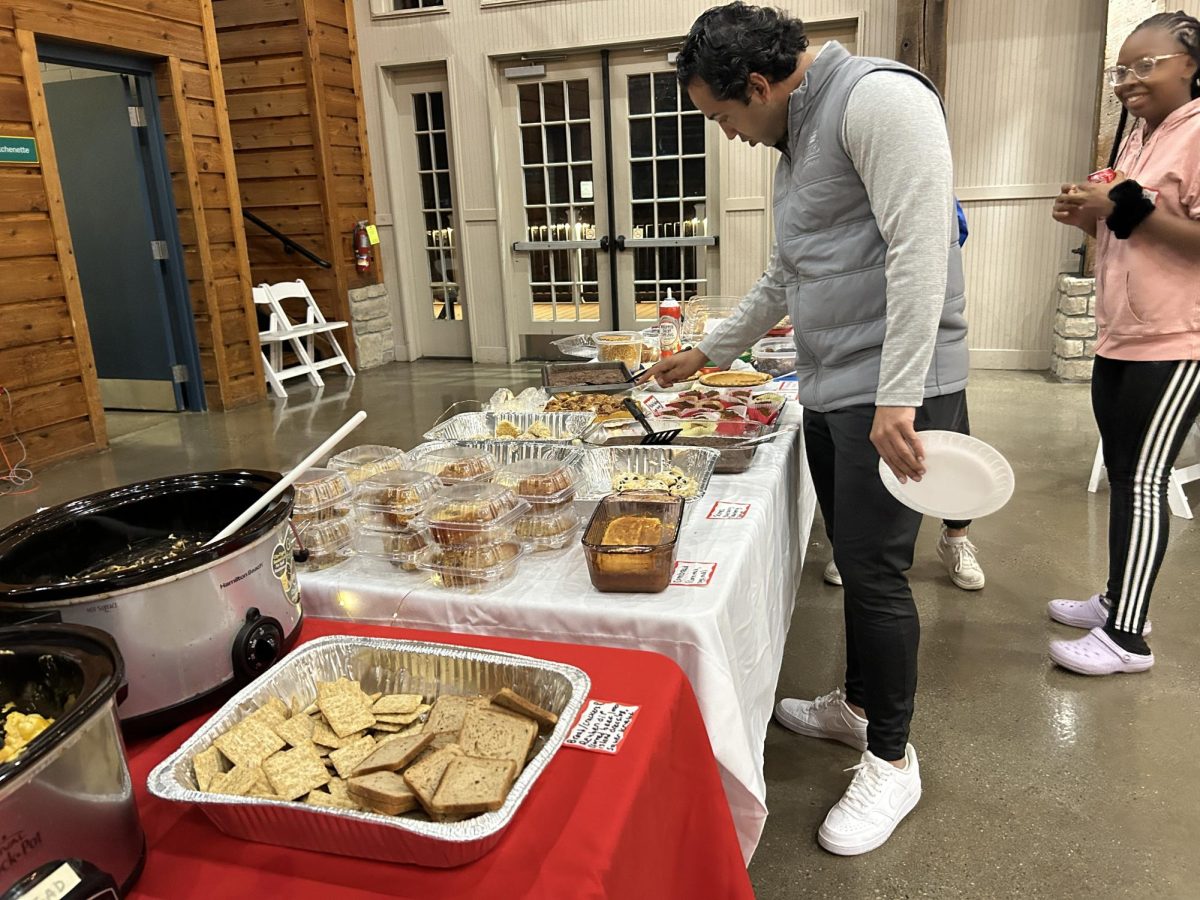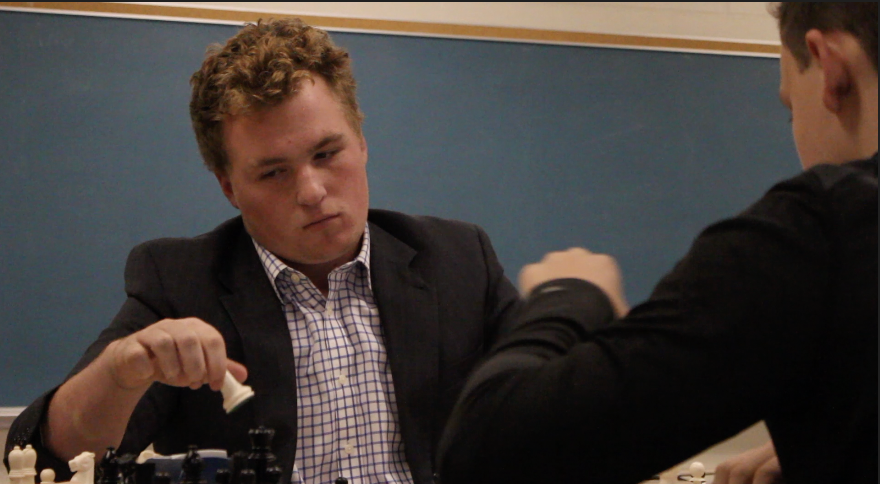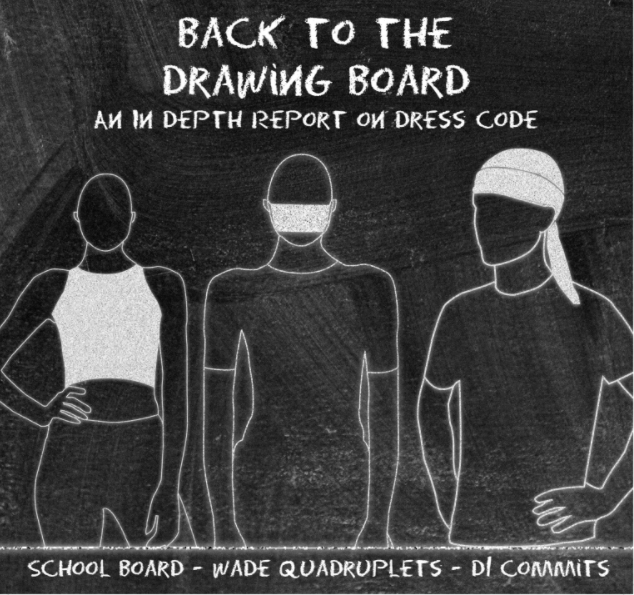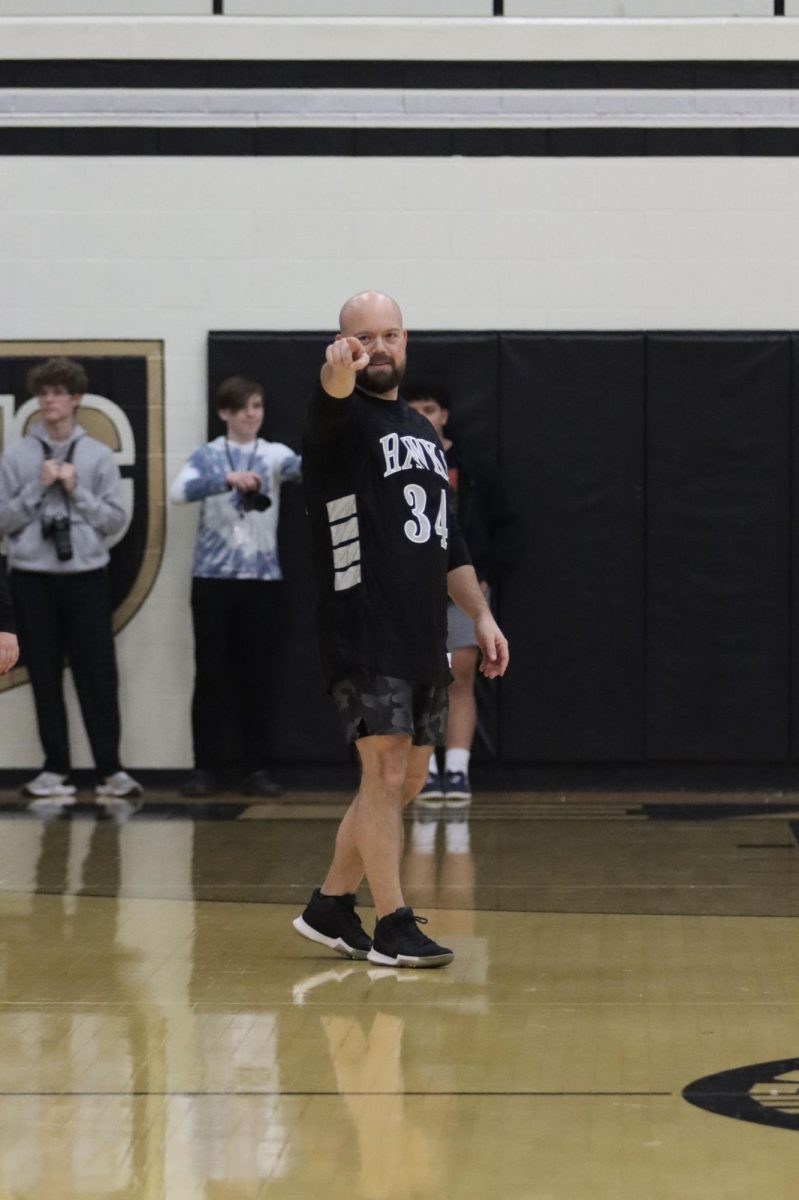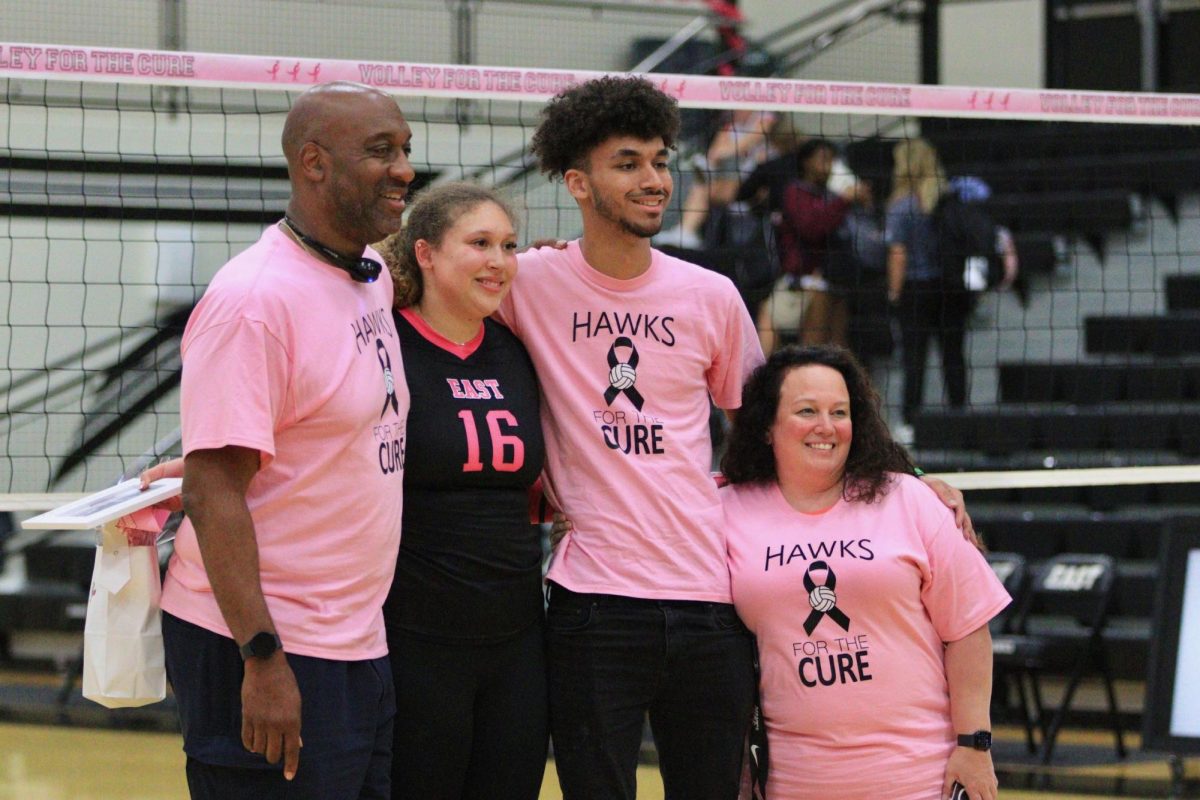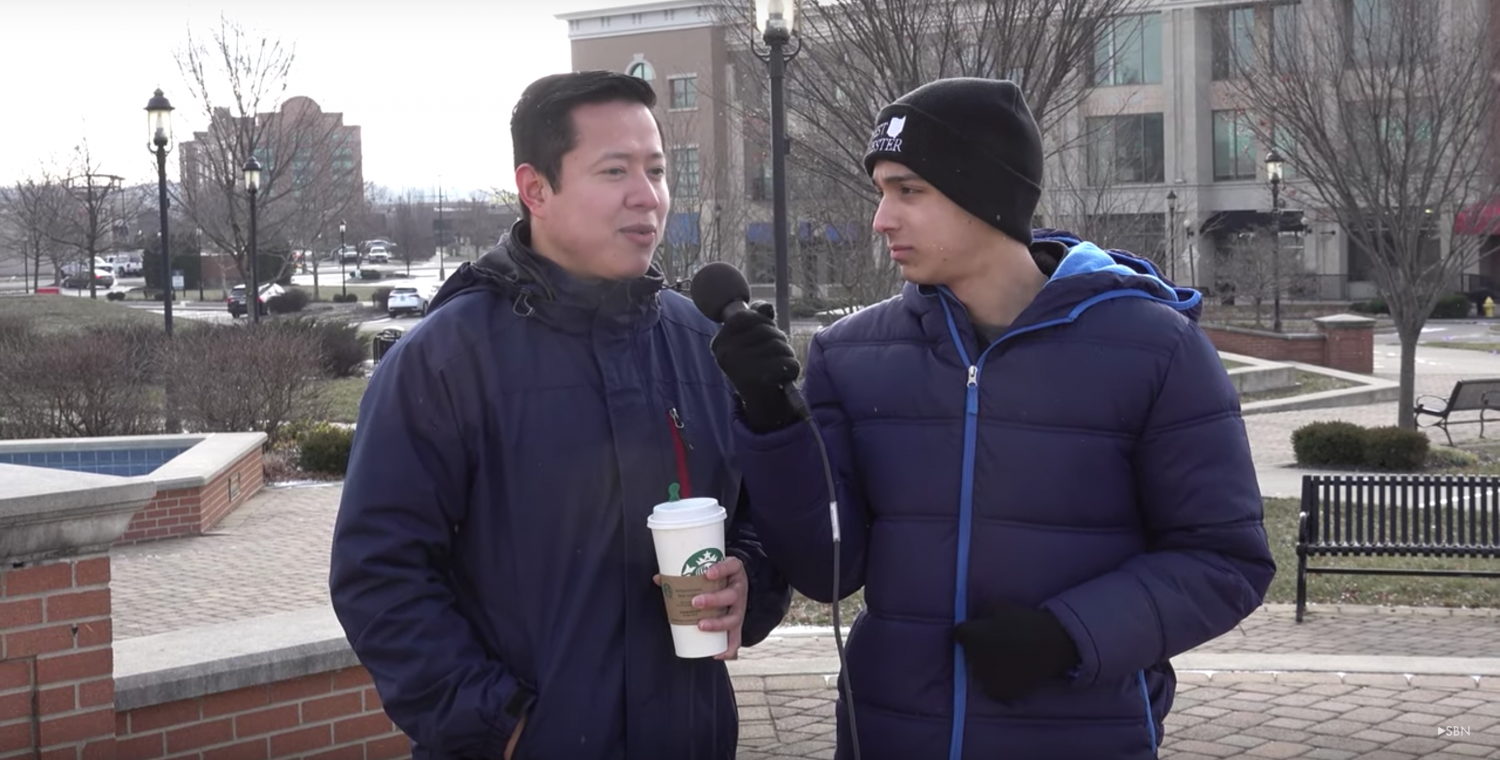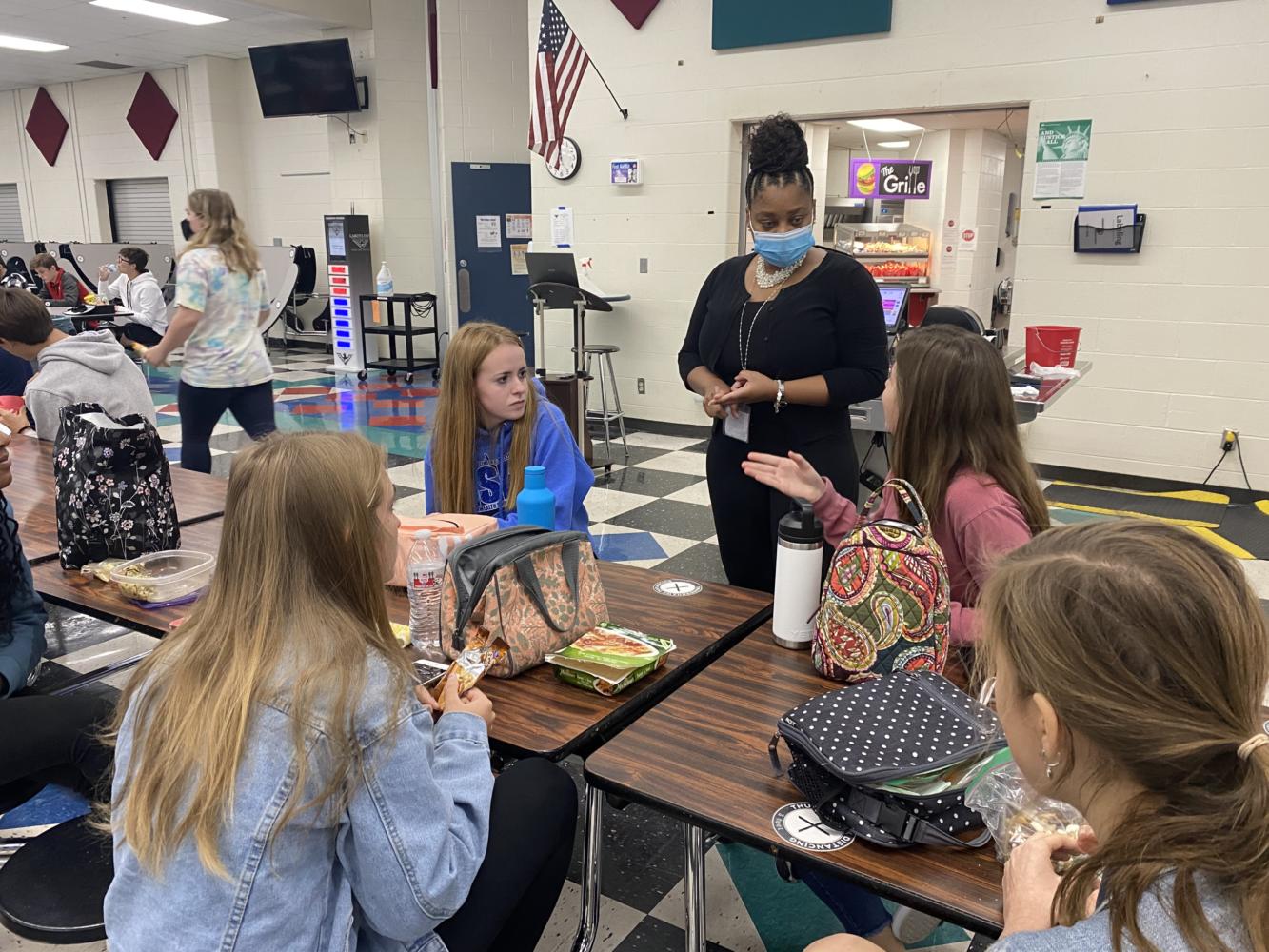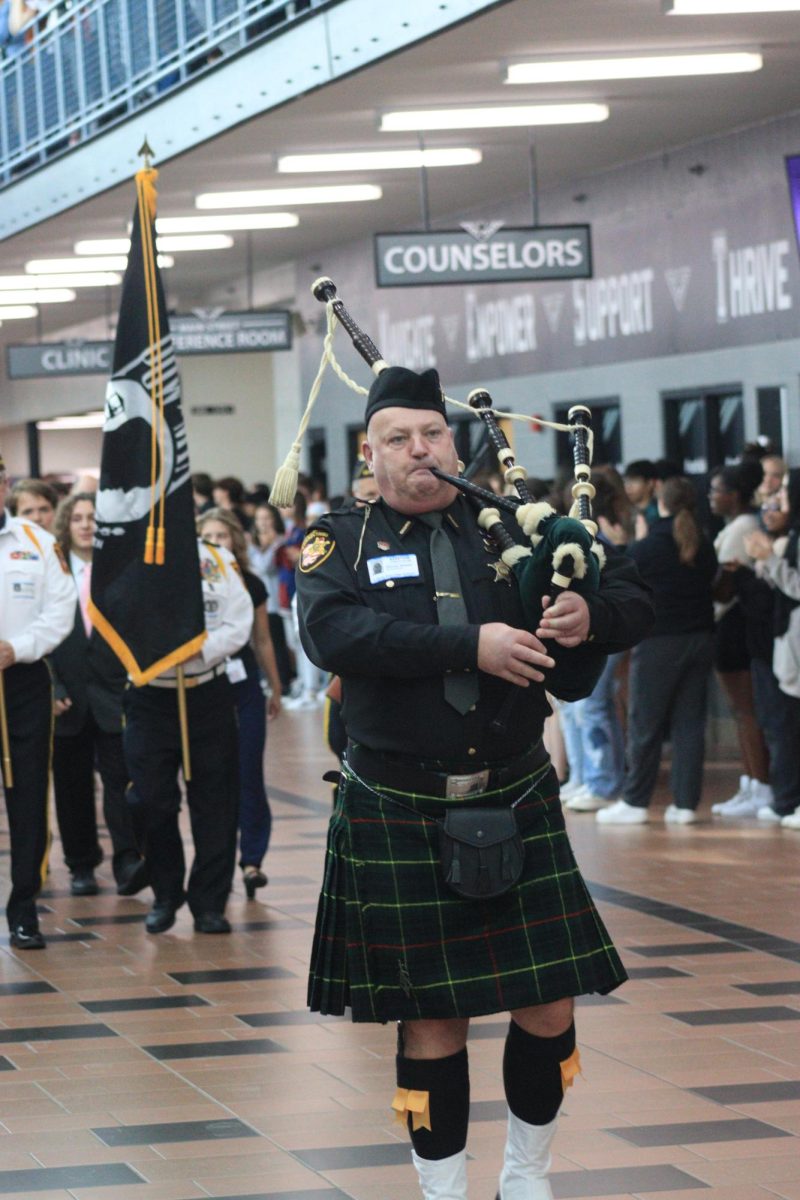Narrative by Sophia Spivey | Art by Tyler Bonawitz
In order to research for her story concerning the effects of underage drinking, Sophia Spivey investigated how minors buy alcohol by becoming a Confidential Informant.
Walking into the Sunoco gas station, my palms were already shaking as I swiftly grabbed a cold can of Four Loko from the fridge and walked up to the register. With each step I started to sweat even more, worried about what would happen when the cashier realized I was underage. As the sales clerk scanned the bottle she looked at me with skepticism.
“You don’t know what this is, do you? This is alcohol hun.”
I am a Confidential Informant (CI) for the Ohio Investigative Unit (OIU). CIs are minors who work in different fields for compliance checks. The CIs ages 14 -16 work tobacco checks, while CIs ages 17-19 work alcohol compliance checks. An alcohol CI’s job is to walk in and try to buy liquor to see if the clerk is doing their job. Compliance checks ensure that convenience stores and bars aren’t selling alcohol to anyone under 21 and are actually IDing individuals.
There are several items that an applicant has to turn in and fill out in order to become an official CI. The CI applicant takes home a CI File Check Sheet packet and has an OIU agent come to their house at a later date to review the information in the packet. The CI packet includes important information such as a copy of the applicant’s driver’s license or ID, program instructions, and a copy of their birth certificate.
When the agent goes to the applicant’s house, the potential CI takes a written exam to prove that they read over the packet. A score of 70 percent or higher is required on the exam for the applicant to officially be admitted as a CI. One of the main requirements of employment is that the CI not use any tobacco or alcohol products.
When it comes to compliance checks, the CI has to use their real ID and be truthful about their age when asked at a convenience store or bar. One of the main components of compliance checks is truthfulness, so the CI is supposed to look their age and use minimal makeup, if any. The OIU wants to take away any excuse the clerk may use when going to court; by having minimalistic makeup the clerk can’t make the claim that the CI looked as if they were 21. An alcohol CI is also supposed to have clothing and a hairstyle that is consistent with their age group.
If the CI does in fact purchase alcohol, both the CI and the agent that entered the premises will relay a description of the clerk to back-up agents outside the premises. Those agents will then enter the establishment, identify themselves to the clerk and advise them that a compliance check was conducted. At this point the agents will either issue a citation or make an arrest. As that occurs the CI completes their statement form and gives it to one of the agents.
According to OIU Agent in Charge Adam Johnson, a clerk that sells to the CI will be given a court date “on the charges of sale or furnishing of beer or liquor” to an individual under the age of 21. Johnson said that there are situations where a clerk won’t have to go to court over selling to a minor, but not when it comes to compliance checks. And clerks aren’t the only ones who get penalized for selling alcohol to a minor: the owner of the alcohol permit also may receive a citation, which can lead to high fines as well as their permit being suspended or revoked.
“Now the permit doesn’t get revoked on a first time offense,” Johnson said. “If it’s something where we have a problem with a carryout or a gas station and we end up citing them for selling to underage individuals four or five times in a two year period, the fine will continue to progressively get higher to the point where I’ve seen several $1,000 fines levied against permit holders.”
Since clerks are trained to check IDs, if they do so with the intent of actually checking and sell they have a chance of not having to go to court. When an underage individual uses a fake ID, it is a hit or miss situation; if the ID is noticeably fake, then the clerk may be charged, whereas if it looks legitimate they may get off without a trial.
In these situations agents sit and wait outside of convenience stores for minors to come out with alcohol so they can bust them. According to one of the OIU agents, sometimes it takes a few minutes for them to catch a few minors buying alcohol, while other times it may take several hours.
The CI turns the evidence as well as remaining money over to an agent after getting inside the vehicle. Anything from alcohol and tobacco products to bags and receipts is stored by the agent as evidence, as well as the audio recording of the transaction. All of the evidence is entered on the Compliance Check Field Report, which must be completed before another check is conducted.
With every compliance check the CI will make $10 an hour with a minimum of $40 for the check. They will also receive a minimum of $40 in the event that they appear in court or in front of the Liquor Commission. After every shift or court appearance an agent will pay the CI in cash. The compensated CI will then sign a receipt so that it can be put on file for the district or satellite office.
It was 5:30 in the afternoon and I was more than ready to get to work as I received a text from one of the agents letting me know he was outside my house and ready to take me to our first location. When we reached the University of Dayton (UD) area, we met up with the other agents and discussed the plan for the night.
We went to Kroger, United Dairy Farmers, Shell, two Sunocos and a local convenience store called The Deli. Every time I attempted to buy alcohol, audio was recorded on an OIU iPhone so that it could be used as evidence if a case went to trial. For the majority of cases, an audio recording is sufficient evidence, but occasionally the CI is brought in to testify.
Before I entered any store, an undercover agent entered the premises beforehand so that they could make sure the store was safe to enter and to keep an eye on me during the transaction. According to one of the OIU agents, during a compliance check with a CI, the agent’s main concern is the CI’s safety. Even if an agent sees a drug deal occur, they aren’t allowed to interfere because the CI may be harmed.
On the night I was working as a CI, all of the nearby convenience stores were warned that the OIU was going to be sending in CIs to make sure that they check IDs later in the week, so I didn’t successfully buy any alcohol that night. The main goal of these compliance checks is to ensure the store clerks are checking people’s IDs and not selling to minors.
I felt so close to buying alcohol when I attempted to buy from The Deli. As I swiftly walked in after the agent, the clerk insisted that the agent buy something before she would cash out my purchase. After her insisting countless times that he buy something before me, he decided to buy a pack of Reese’s. Since he couldn’t leave the premises before me he pretended to get a phone call and take it inside. As I handed her the Four Loko, she looked him directly in the eye and asked for my ID. She stared at my ID for a good five to 10 minutes and kept repeating the same word.
“Interesting… Interesting…”
After she realized that the undercover agent wasn’t going to leave she finally gave up on the idea of a sale and asked my age. When I told her I was 17, she pretended to get irritated.
“What is the drinking age? It’s 21. Are you 21? No, you’re not. Get out of my establishment and never come back!”
When I got in the car with the other agent, he said that he was surprised that she didn’t sell to me because they caught her selling almost everything single time they conduct a compliance check there. He said that she makes majority of her money off of minors because The Deli is in the center of UD campus houses.
As we left our last stop, Kroger, my nerves finally started to calm. Before we pulled out of the parking lot I was paid a total of $48 and handed a receipt to sign for their records. On the drive back home the agent told me all about how they normally find so many places that sell to minors, but we were hindered since they were warned we were coming. He spoke of how one night they went to eight different locations and every single one of them sold to the CI.
I arrived back at home at 9:30 at night. As I got out of the car the agent told me that they will most likely reach out to me again when they conduct a compliance check closer to my house. In order to make it easier on both the CIs and agents, a CI is normally used for a compliance check close to their house.
Even though being a CI is an unpredictable job, it gives minors an opportunity to see firsthand what goes into making sure the legal drinking age is upheld. Every second of the compliance check was a rush, and I look forward to doing it again.
This story originally appeared in the May issue of Spark.



